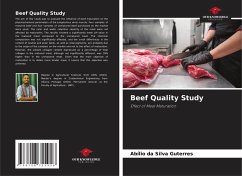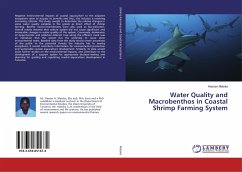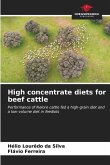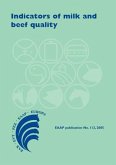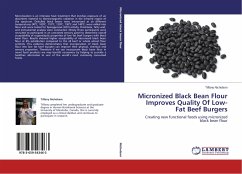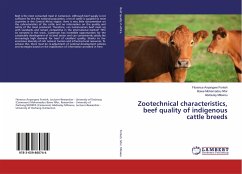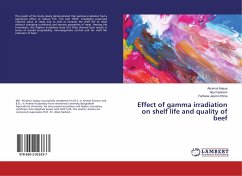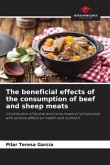The aim of this study was to evaluate the influence of beef maturation on the physicochemical parameters of the Longissimus dorsi muscle. Four samples of matured beef and four samples of unmatured beef purchased on the market were used. The color and water retention capacity of the meat were not affected by maturation. The results showed a significantly lower pH value in the matured meat compared to the unmatured meat. The chemical composition was not significantly affected, and the small differences in the content of neutral and polar lipids, as well as total pigments, are probably due to the origin of the samples on the market and not to the effect of maturation. However, the soluble collagen content expressed as a percentage of total collagen in the matured meat, although not significantly different, was 39% higher than in the unmatured meat. Given that the main objective of maturation is to obtain more tender meat, it seems that this objective was achieved.
Bitte wählen Sie Ihr Anliegen aus.
Rechnungen
Retourenschein anfordern
Bestellstatus
Storno

